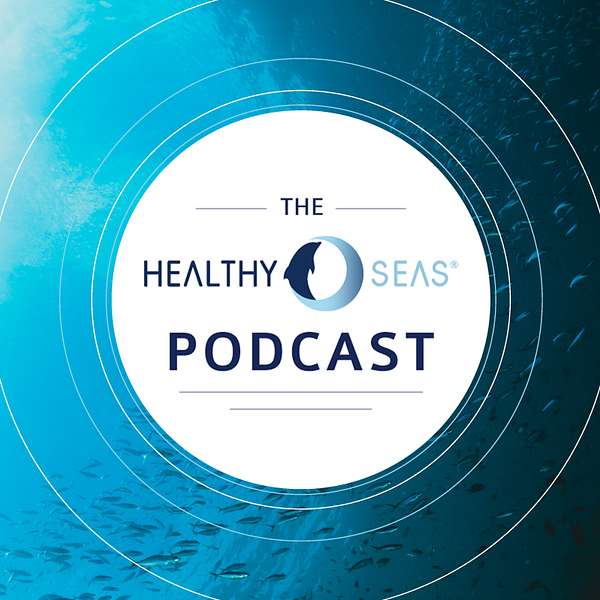
The Healthy Seas Podcast
Join us as we dive into the depths to explore the challenges and solutions shaping the future of our seas. Hosted by Crystal DiMiceli, each episode features conversations with the people making waves in marine protection: divers, scientists, educators, business partners, and local communities.
Healthy Seas is a unique alliance of NGOs and businesses working together to tackle marine litter, especially ghost fishing gear, and transform waste into opportunity through circular economy solutions. Active across 20+ countries, we operate with a global mission and a local heartbeat.
Through cleanups, education, innovation, and partnerships, we’re restoring the ocean and inspiring action—one net at a time.
Backed by over a decade of impact and part of the UN Ocean Decade movement, this podcast invites listeners and companies alike to dive into a world where environmental restoration meets meaningful collaboration.
The Healthy Seas Podcast
How to Make Black Friday Planet Friendly with Laura in Waterland & Curra Rotondo
The biggest shopping day of the year is fast approaching and the rampant overconsumption that has been known to accompany Black Friday has devastating effects on the planet. Rather than a complete boycott of the day, Healthy Seas has a better concept- Blue Friday! This is the idea of shopping sustainably and ethically.
Today's guests are Laura in Waterland, an oceans and sustainability advocate, and Curra Rotondo, the co-founder and CEO of the brand, Lefrik. We talk about why having a Blue Friday is the way to go and how we all can support Healthy Seas this weekend through a campaign that Lefrik has organized.
Highlights
- How is overconsumption bad for the planet?
- How can we shop more sustainably?
- What does an ethical company look like?
Ten Tips to Have a Blue Friday (to go deeper with these, be sure to check out Laura's blog post here on Healthy Seas):
- Bring your own shopping bags
- Ask yourself the right questions and make a list
- Buy from ethical brands
- Be cruelty-free
- Gift an experience
- Support small and local businesses
- Choose story over bargain
- Purchase eco items
- Make a donation
- Try secondhand
Bonus Tip! Buy yourself or a loved one a bag from Lefrik during the Blue Friday weekend and 15% of the proceeds from your purchase will be donated to Healthy Seas!
Resources
- Lefrik
- https://slowfactory.earth/open-edu
- Book: Consumed: The need for collective change; colonialism, climate change & consumerism by Aja Barber
- Book: Fashionopolis: The Price of Fast Fashion and the Future of Clothes by
Dana Thomas - Book: Doughnut Economics: Seven Ways to Think Like a 21st-Century Economist by Kate Raworth
If you enjoyed this episode, please be sure to subscribe, rate and review it! This helps to boost its visibility.
Healthy Seas is a marine conservation organization whose mission is to tackle the ghost fishing phenomenon and turn this waste into an opportunity for a more circular economy. They do this through clean-ups, prevention, education, and working with partners who recycle and repurpose this material. The podcast is hosted by Crystal DiMiceli.
